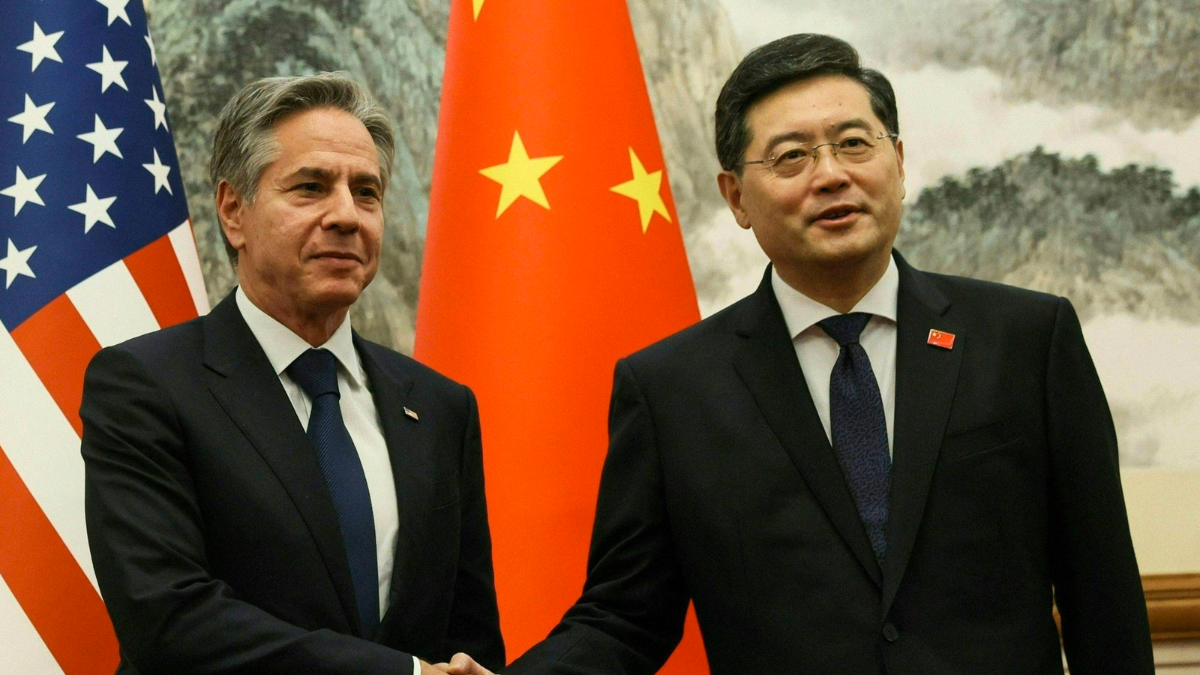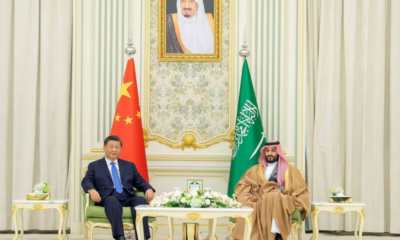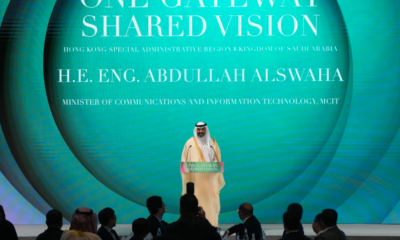Antony Blinken has become the first US secretary of state to visit China in nearly five years and the highest-level American official to make the trip since Joe Biden became US president.
As the top US diplomat wraps up his two-day visit to Beijing amid simmering tensions between the two countries, he met with Chinese President Xi Jinping on Monday. The meeting got underway shortly after 4:30 pm local time, according to Chinese state media Xinhua.
The high-profile meeting, which had not been confirmed before Blinken arrived in China on Sunday, will likely be seen as a positive sign that discussions are going well.
More Bilateral Meetings In Coming Months
The rare visit was originally planned for February. But Blinken had to postpone it amid controversies surrounding an alleged Chinese surveillance balloon flying over America, which subsequently downed it with an F-22 aircraft.
It is expected Blinken’s China trip will pave the way for other bilateral meetings in the coming months, including potential trips by commerce secretary Gina Raimondo and treasury secretary Janet Yellen. Additionally, it could also set the stage for talks between Xi and Biden.
The two world leaders were last seen together in 2022 in Indonesia, on the sidelines of a G20 summit. They are expected to attend the next G20 summit in September in India and the Asia-Pacific Economic Cooperation forum in November in the US.
‘China Threat Theory’
The meeting with Xi follows discussions with top Chinese diplomat Wang Yi on the same day and a meeting with Chinese Foreign Minister Qin Gang the day before. The US state department described Sunday’s discussions as “candid, substantive, and constructive”.
ALSO READ: Kuwait Strengthens Oil and Defense Sectors with Appointment of New Ministers
But they did not appear to make substantial progress on controversies that include Taiwan and trade.
In a statement released by the Chinese foreign ministry translated via Google, Wang stressed the US secretary of state’s high-profile China trip came at a critical juncture in Sino-US relations.
He called on Washington to lift sanctions against Beijing, give up its so-called “China threat theory”, and to no longer suppress China’s technological development, CNBC reported.






















